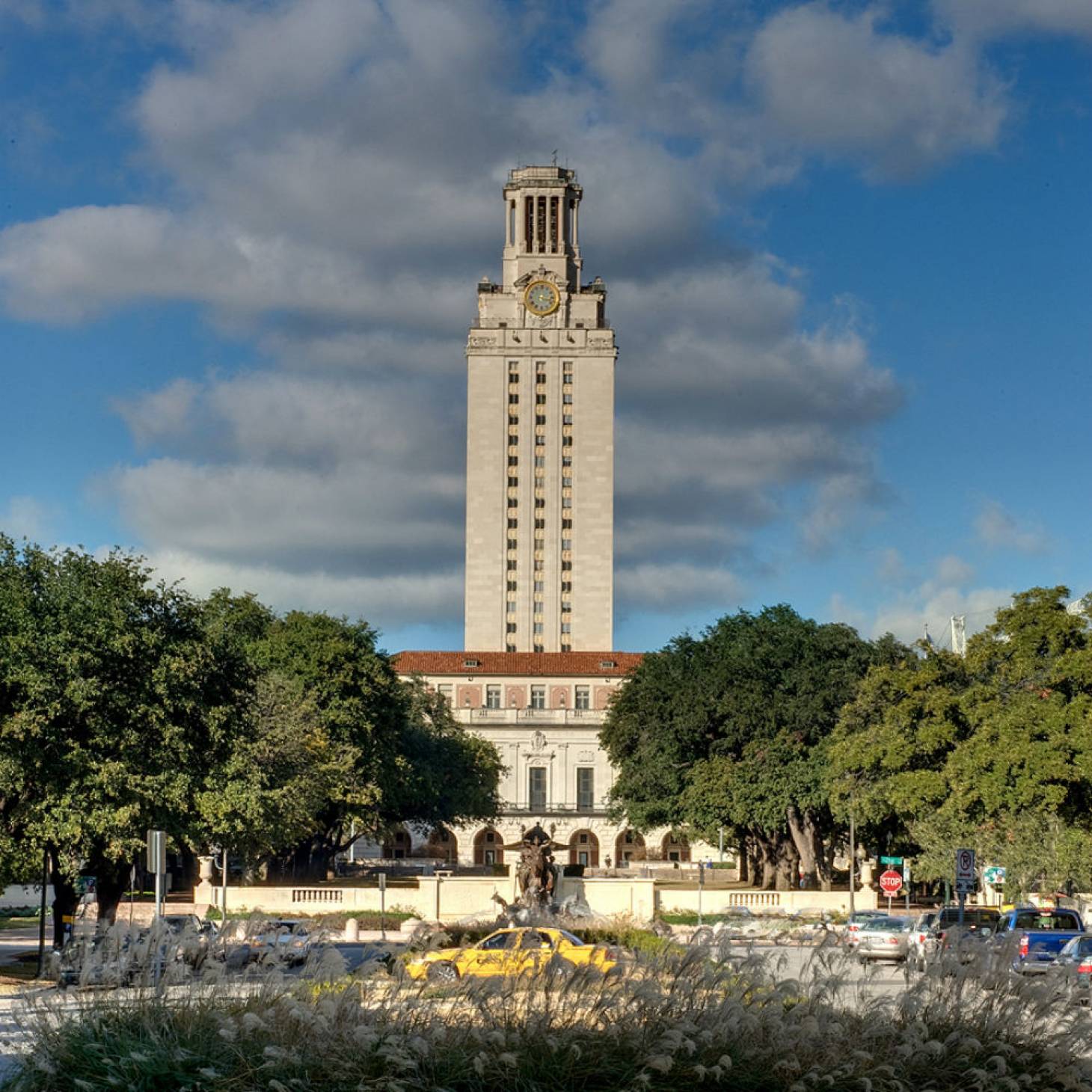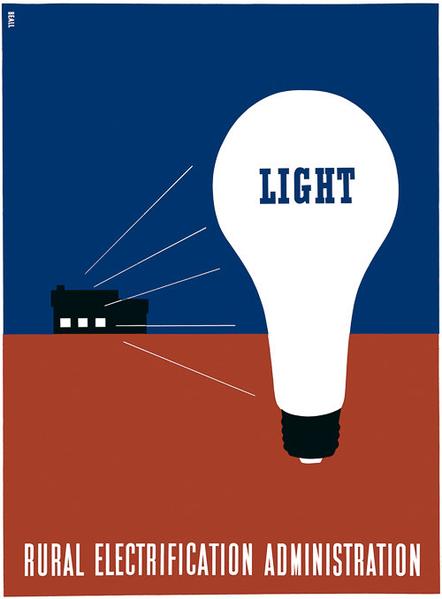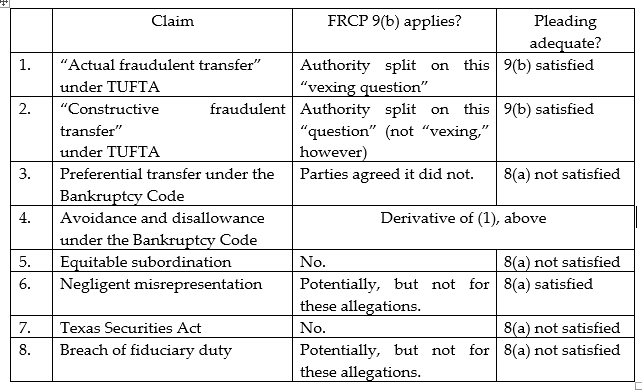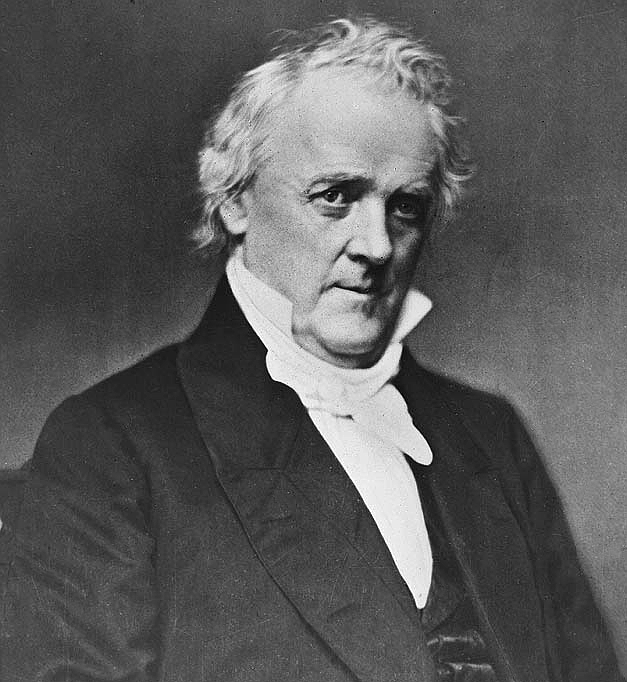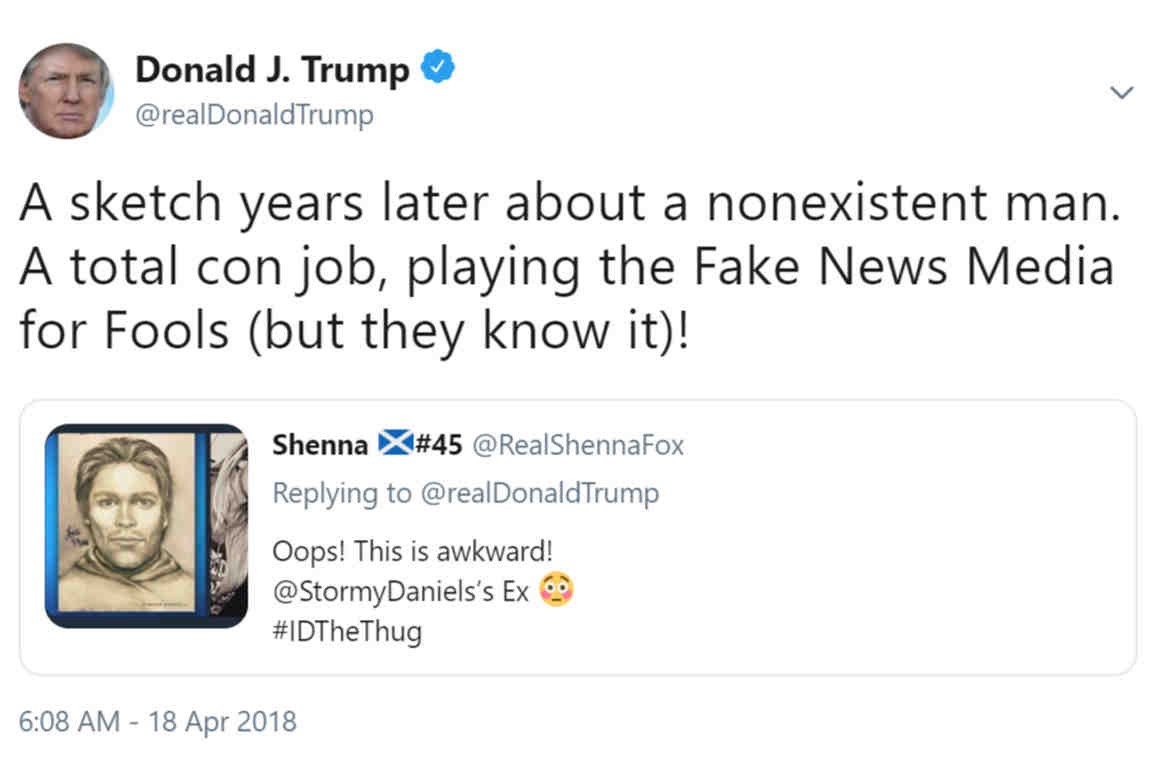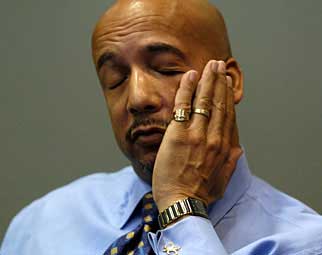 Lake Eugenie Land & Devel. v. BP, the latest in the “body of federal common law in this Circuit” about the Deepwater Horizon settlement, presents both a crisp summary of the mandate rule and a dramatic tale of piracy on the high seas.
Lake Eugenie Land & Devel. v. BP, the latest in the “body of federal common law in this Circuit” about the Deepwater Horizon settlement, presents both a crisp summary of the mandate rule and a dramatic tale of piracy on the high seas.
Mandate rule. As to the mandate rule, the opinion succinctly summarizes its theoretical basis –
“The mandate rule is a subspecies of the law-of-the-case doctrine: When a court decides a question, it usually decides it once and for all ‘subsequent stages in the same case.’ This doctrine operates on a horizonal plane—constricting a later panel vis-à-vis an earlier panel of the same court. It also operates on a vertical plane—constricting a lower court vis-à-vis a higher court. The vertical variant is what we call the ‘mandate rule,’ and it’s the kind at issue here.”
(citations omitted), as well as the way to implement it: “The first step is figuring out what our mandate said. . . . The next question is whether the district court deviated from that mandate.” (citations omitted).
Piracy on the high seas. The opinion cites some 19th-Century authority about the foundations of the mandate rule; among them, Himley v. Rose, 9 U.S. (5 Cranch) 313 (1809), which involved a “decree . . . formerly rendered” about the restoration of cargo from the merchant ship Sarah. The earlier opinion, Rose v. Himley, 8 U.S. (4 Cranch) 241 (1808), presents an  amazing tale of a load of coffee, sent from the port of Santo Domingo by “brigands” during a slave revolt against the French government, which was then intercepted and seized by a French privateer and sold in Cuba.
amazing tale of a load of coffee, sent from the port of Santo Domingo by “brigands” during a slave revolt against the French government, which was then intercepted and seized by a French privateer and sold in Cuba.




